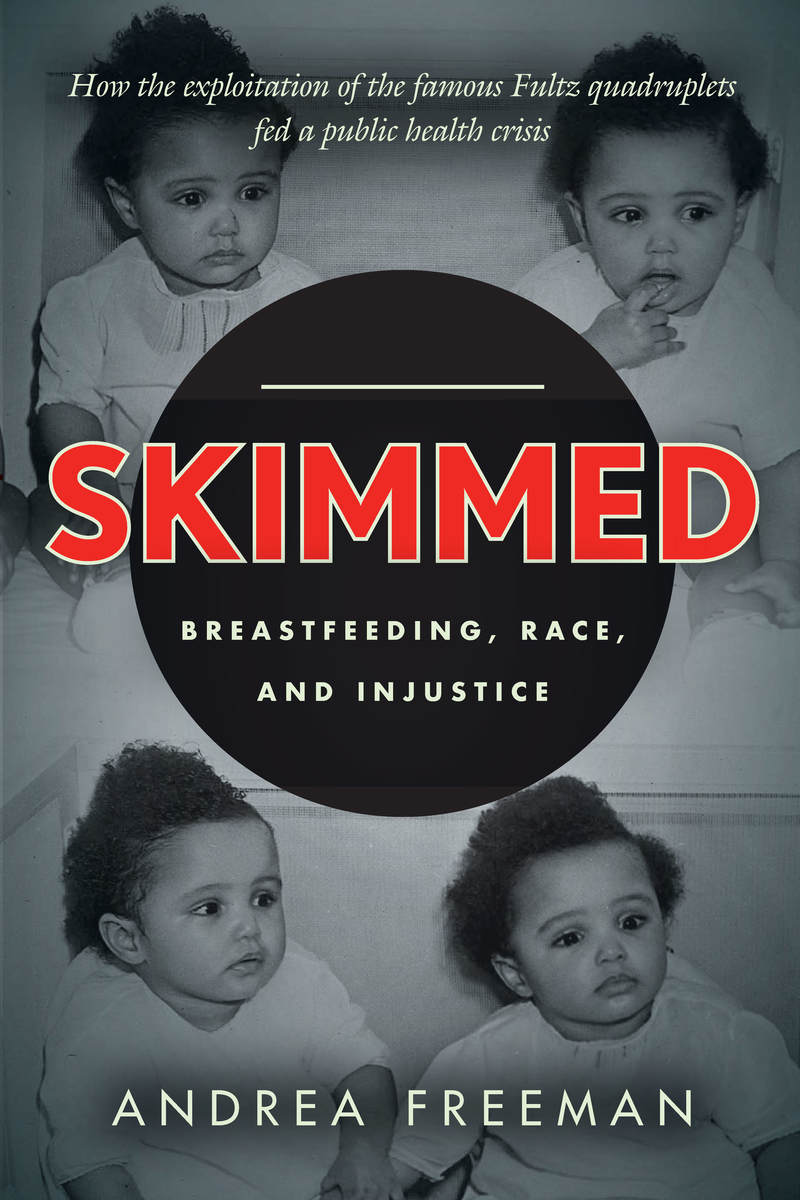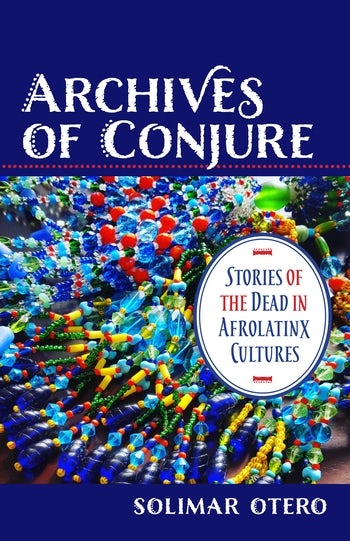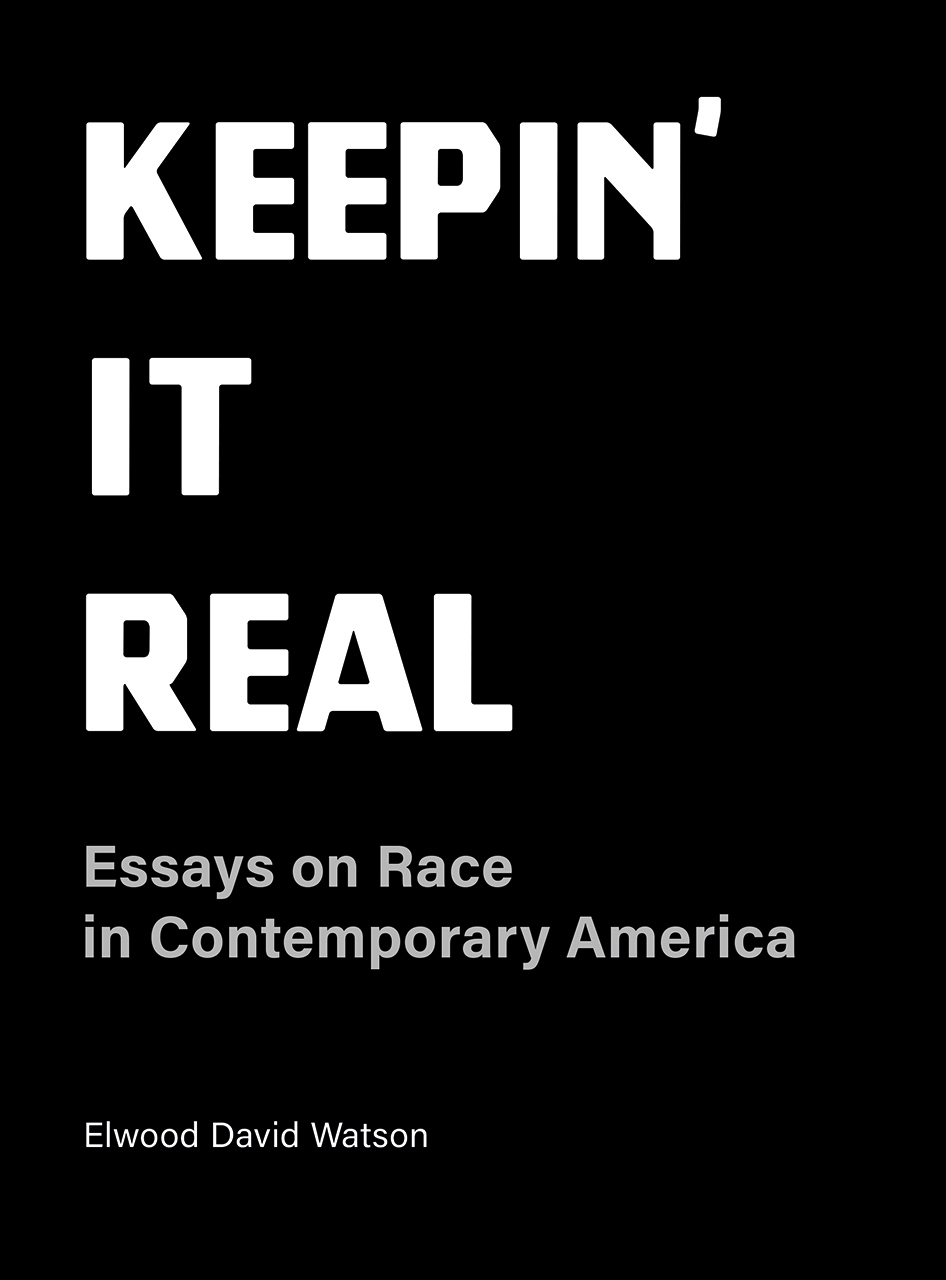Asian Slaves in Colonial Mexico: From Chinos to IndiansPosted in Asian Diaspora, Books, Caribbean/Latin America, History, Media Archive, Mexico, Monographs, Slavery on 2020-04-17 01:40Z by Steven |
Asian Slaves in Colonial Mexico: From Chinos to Indians
Cambridge University Press
June 2014
300 pages
9 b/w illus. 3 maps
Hardback ISBN: 9781107063129
Paperback ISBN: 9781107635777
DOI: 10.1017/CBO9781107477841
Tatiana Seijas, Associate Professor of History
Rutgers, The State University of New Jersey
Winner of the 2014 Berkshire Conference of Women Historians’ Book Prize
During the late sixteenth and seventeenth centuries, countless slaves from culturally diverse communities in the Indian subcontinent and Southeast Asia journeyed to Mexico on the ships of the Manila Galleon. Upon arrival in Mexico, they were grouped together and categorized as chinos. Their experience illustrates the interconnectedness of Spain’s colonies and the reach of the crown, which brought people together from Africa, the Americas, Asia and Europe in a historically unprecedented way. In time, chinos in Mexico came to be treated under the law as Indians, becoming indigenous vassals of the Spanish crown after 1672. The implications of this legal change were enormous: as Indians, rather than chinos, they could no longer be held as slaves. Tatiana Seijas tracks chinos’ complex journey from the slave market in Manila to the streets of Mexico City, and from bondage to liberty. In doing so, she challenges commonly held assumptions about the uniformity of the slave experience in the Americas.









